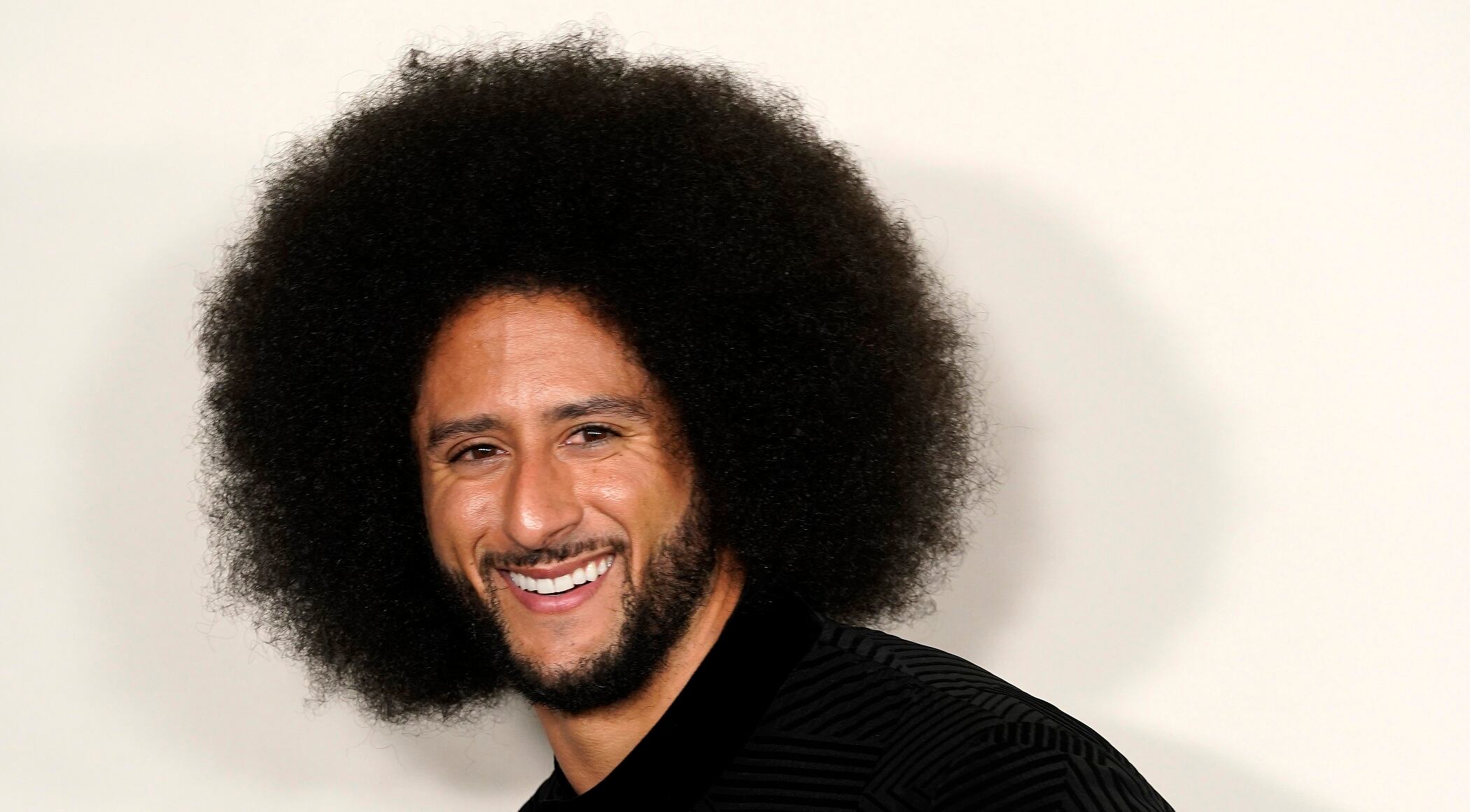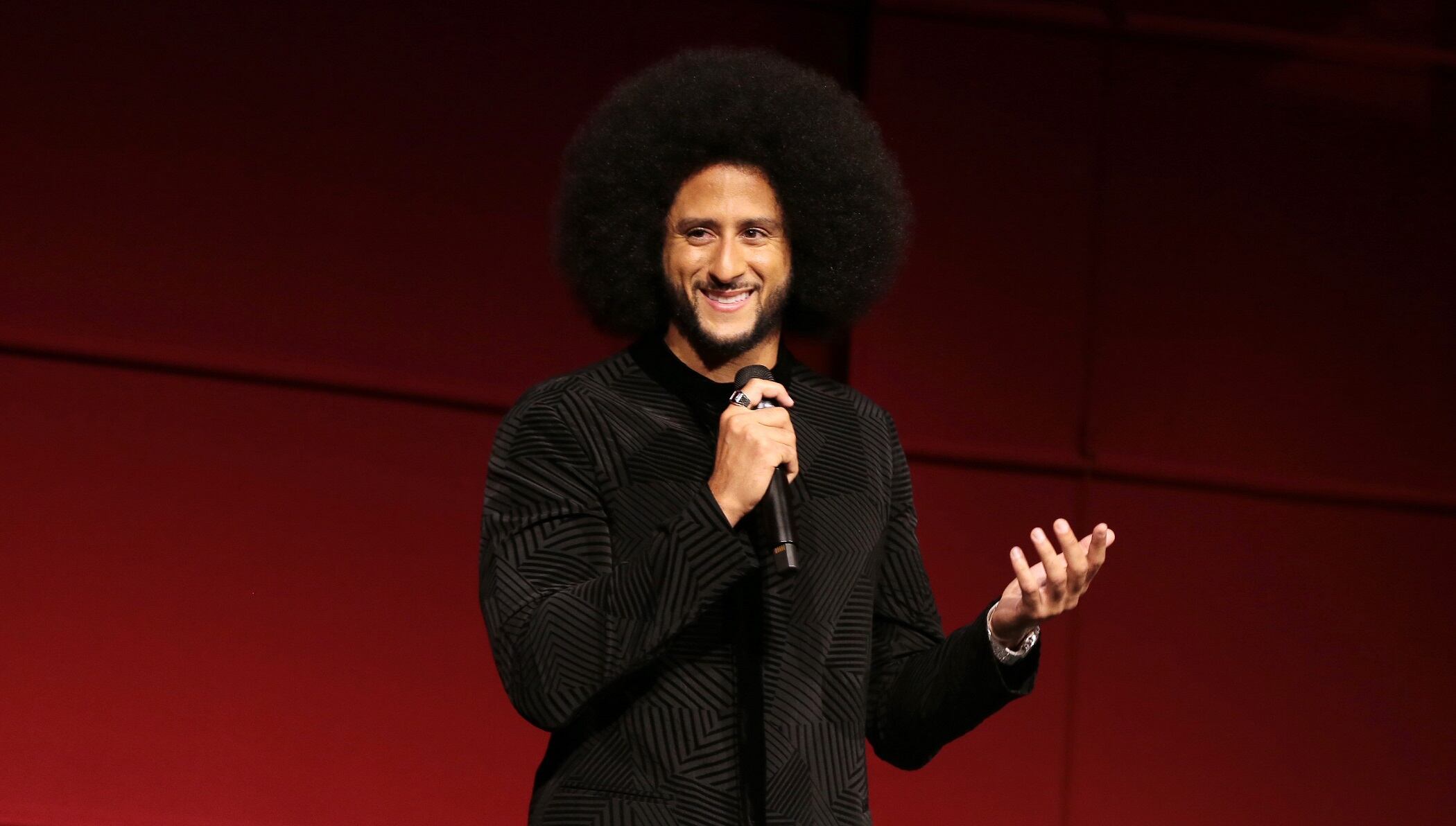As we celebrate Black History Month, Cheddar is highlighting prominent Black Americans who are carving their own historic paths and trailblazing in their industries. While Black History Month has become synonymous with reflecting on past achievements of Black Americans, it is important that we acknowledge today's historic feats as they happen.

In 2016, San Francisco 49ers quarterback Colin Kaepernick's on-field protest against police brutality and racial injustices in the U.S. would spark a reemergence of athlete activism. While he initially struggled to garner support from his own teammates outside of Eric Reid, who was the first player to kneel beside him during the national anthem, Kaepernick's silent gesture became a national symbol for athletes, entertainers, and everyday Americans.
"To me, this is bigger than football and it would be selfish on my part to look the other way. There are bodies in the street and people getting paid leave and getting away with murder," Kaepernick said in a 2016 NFL interview.
Just two months after his nonviolent kneeling protest caught fire across the U.S. and sparked outrage in people who said they viewed it as disrespectful to the nation and the flag, Kaepernick went even deeper into activism and founded the Know Your Rights Camp. The organization is dedicated to "the liberation and well-being of Black and Brown communities through education, self-empowerment, mass-mobilization and the creation of new systems that elevate the next generation of change leaders," according to its mission statement.
During that same 2016 NFL season, the national anthem kneeling protest began to spill over into other sports leagues, including with U.S. National Women's Soccer Team led by Megan Rapinoe and the WNBA's Indiana Fever team.

Now, six years removed from Kaepernick's inaugural symbolic gesture, taking a knee continues to be performed by protesters in the wake of the deaths of George Floyd, Breonna Taylor, and Amir Locke, at the hands of police. Rapper Eminem even drew criticism following his Super Bowl LVI halftime performance for taking a knee as 101.1 million people watched around the globe.
So, while Kaepernick may have been potentially blackballed from the NFL, his shift in focus — to full-time advocacy, his own publishing company, his recent Netflix biography, and a future ESPN docuseries about him directed by Spike Lee — looks to solidify his place in history among other sports icons who risked their own livelihood by standing up for their belief in social justice.
"If they take football away, my endorsements from me, I know that I stood up for what is right," he told NFL media.



